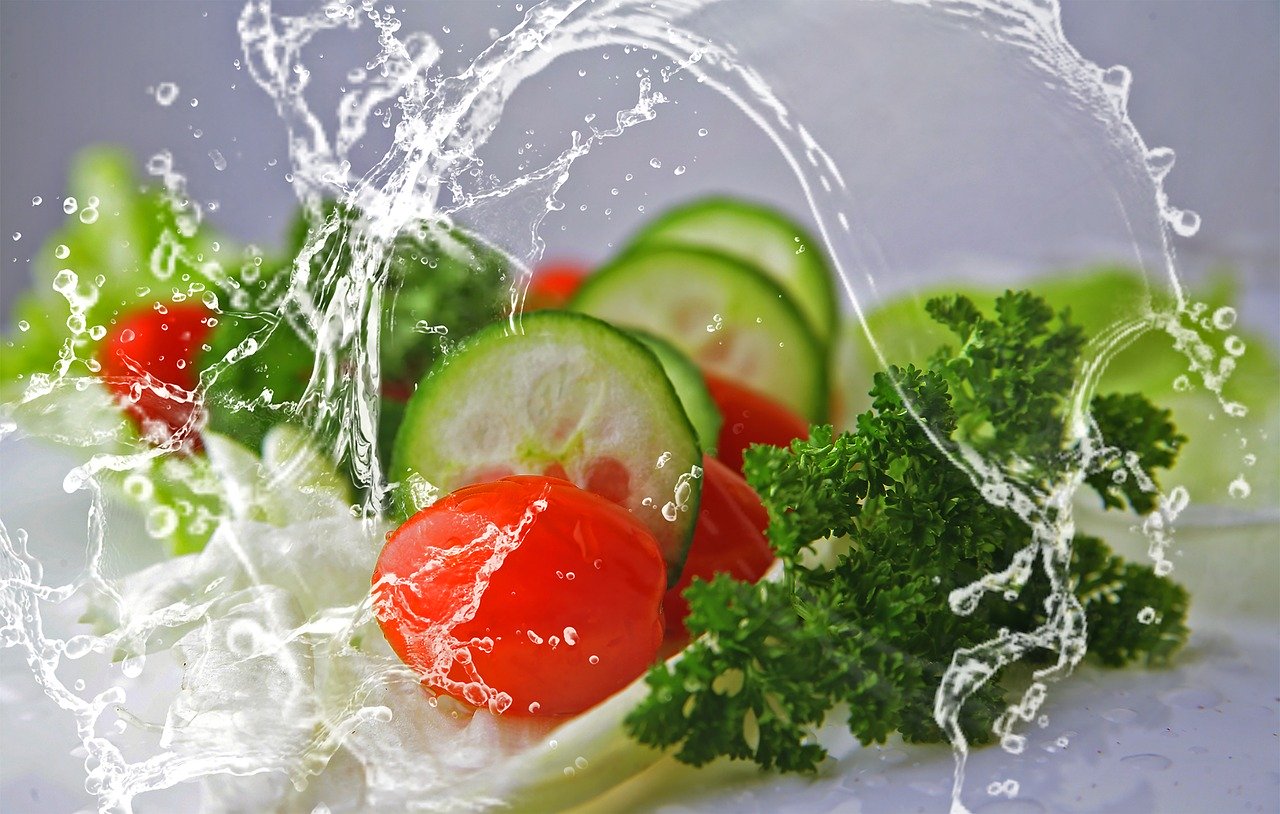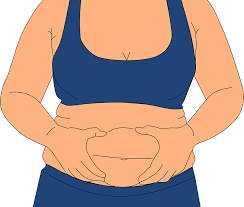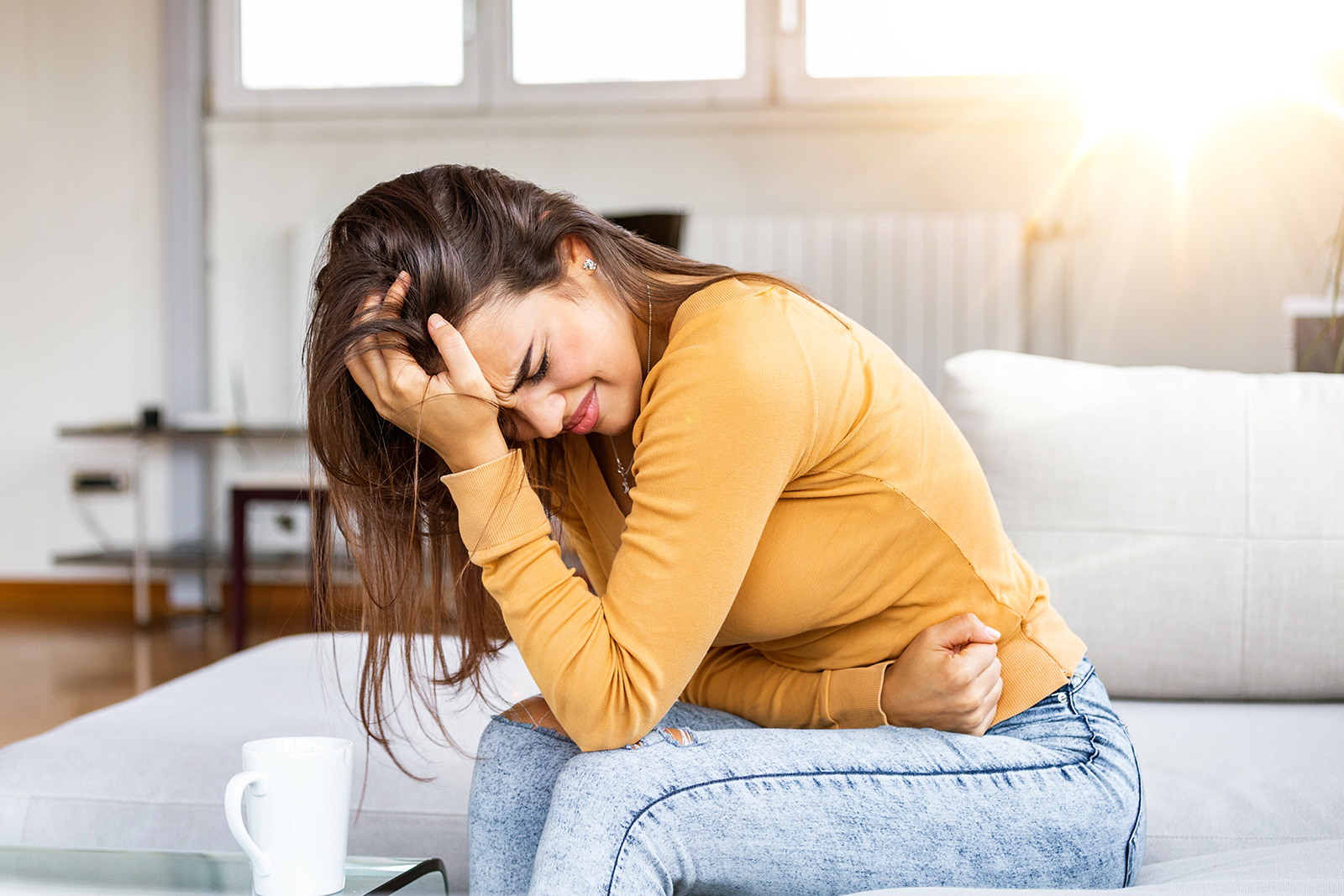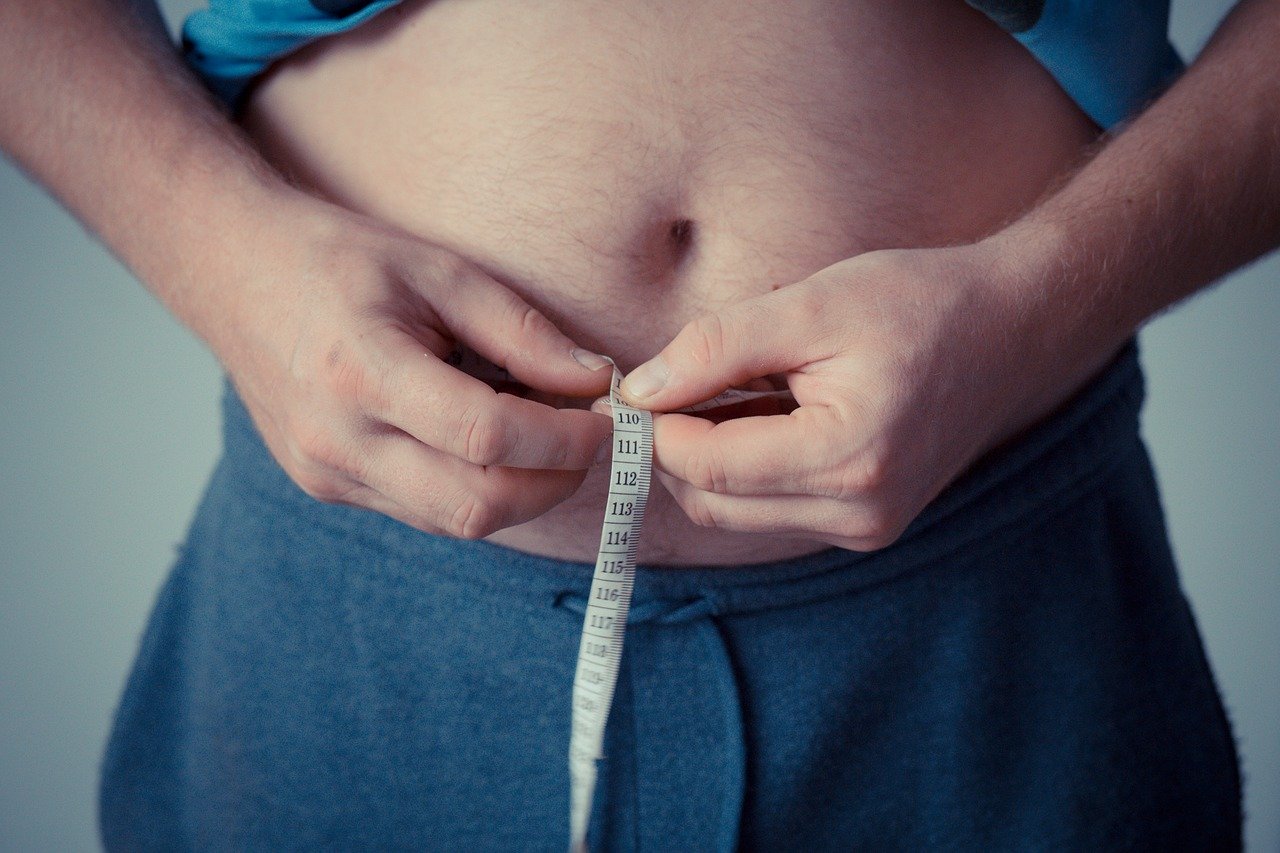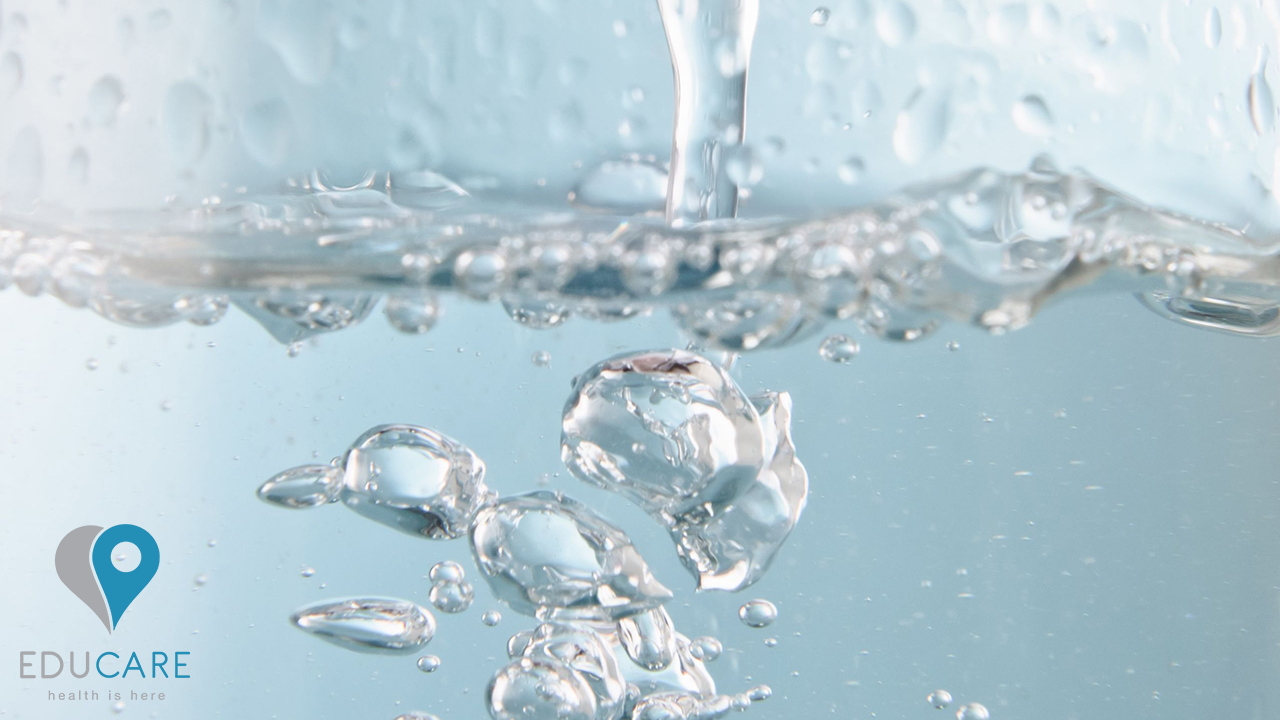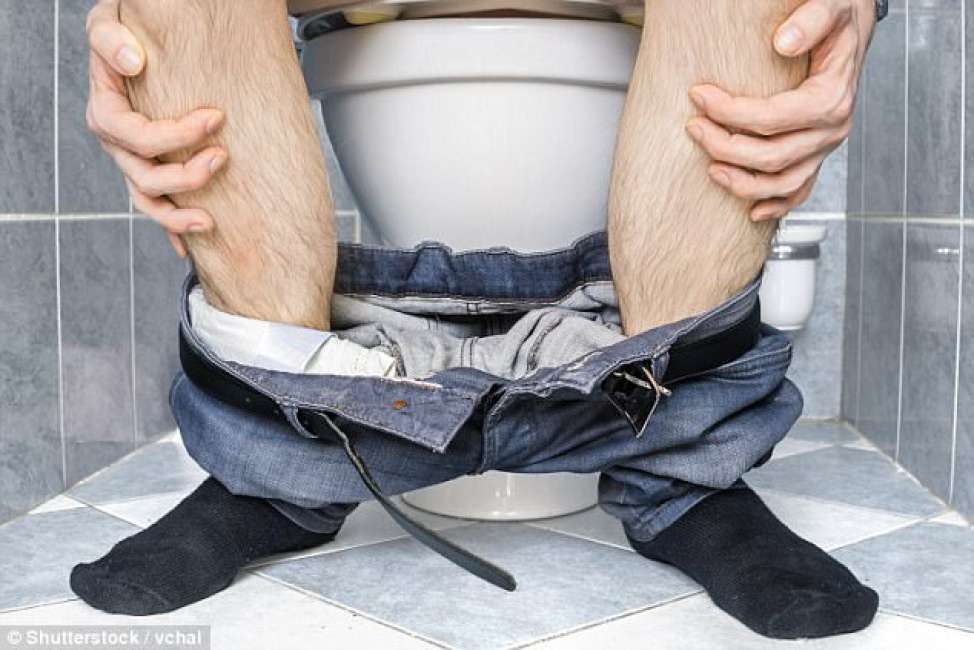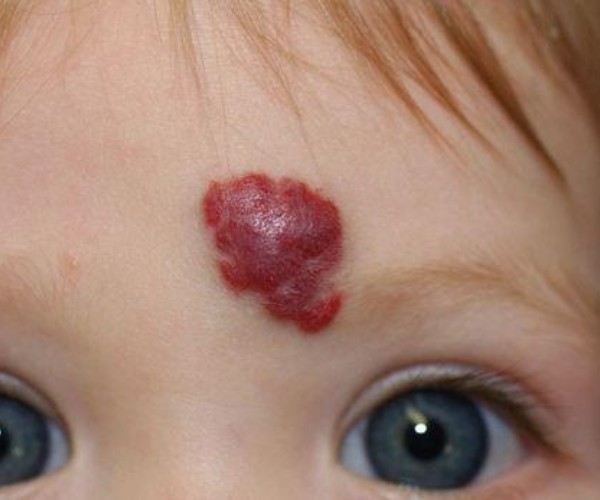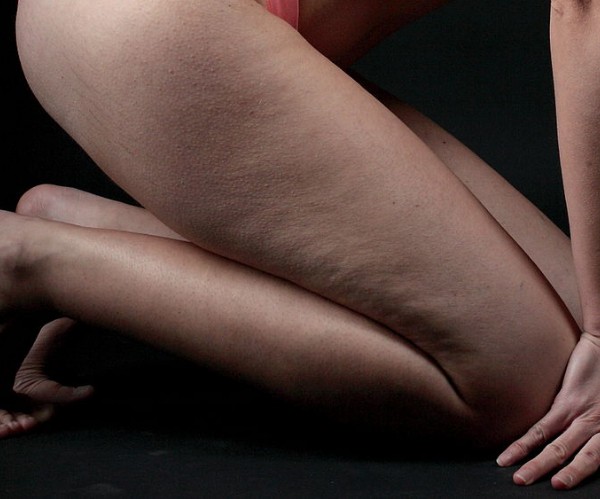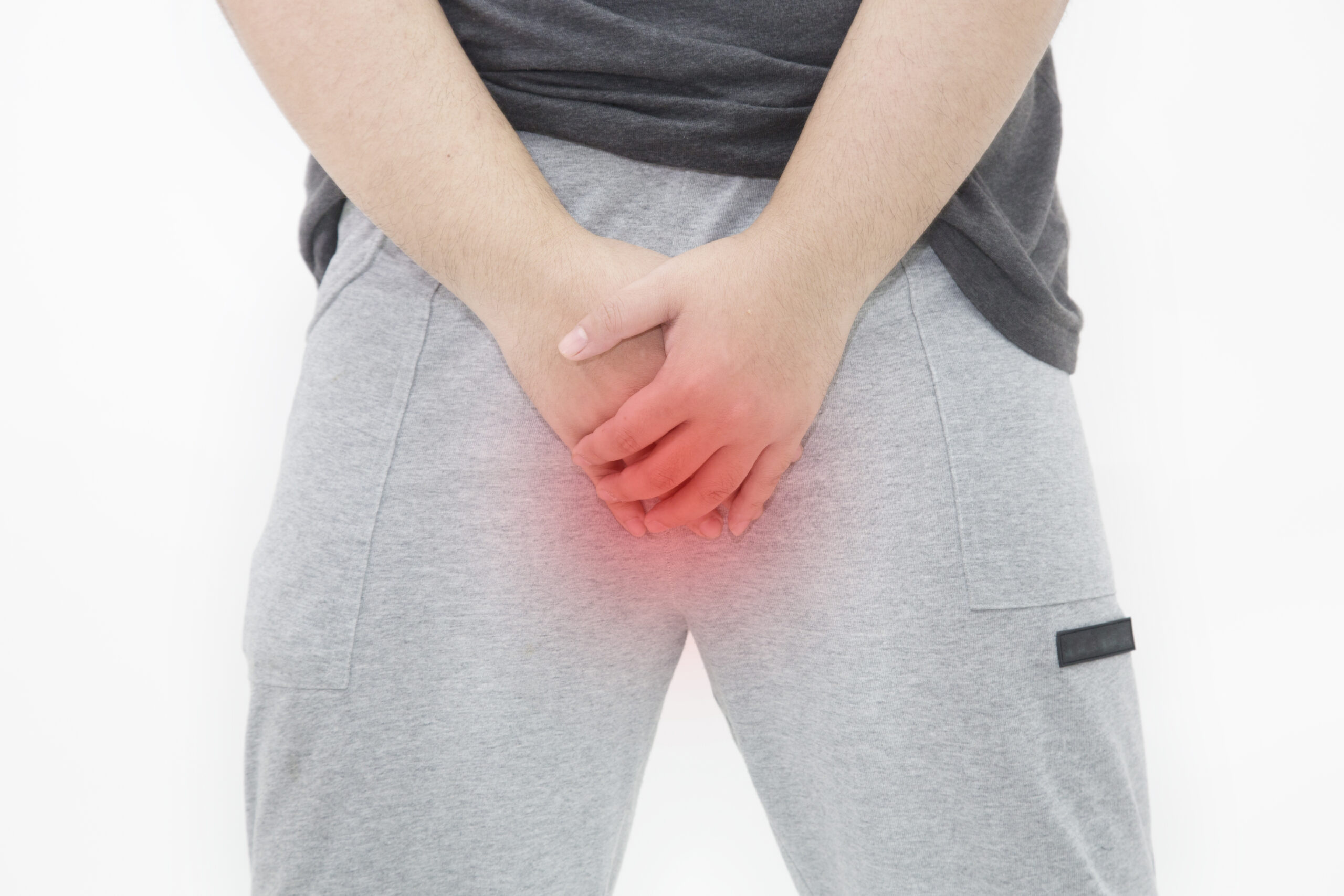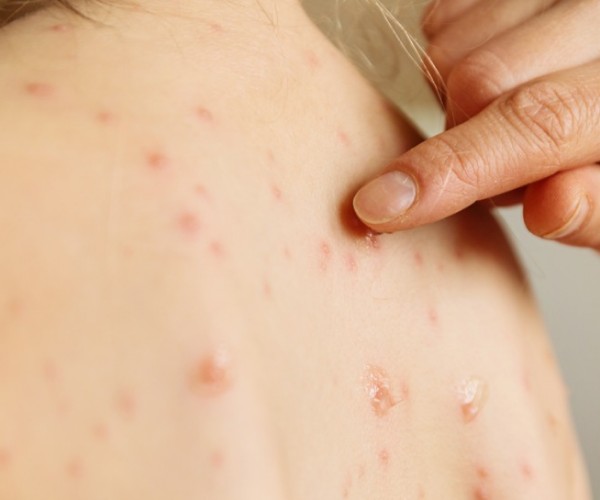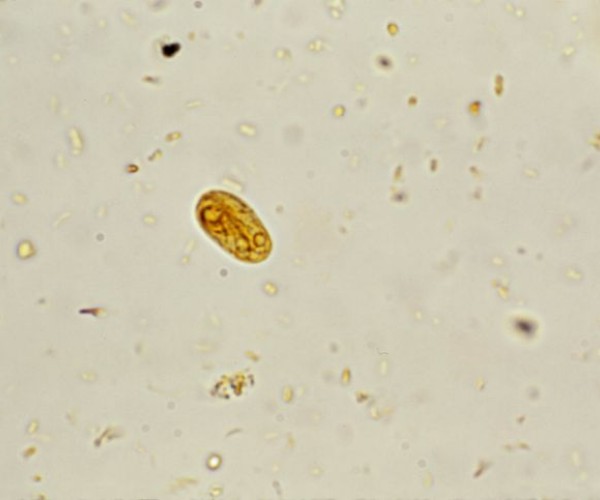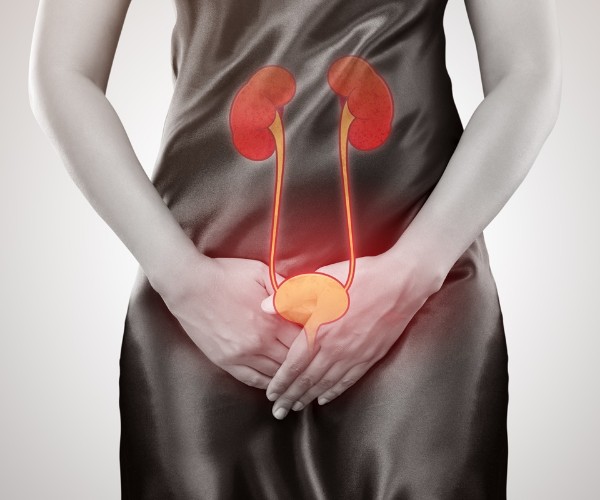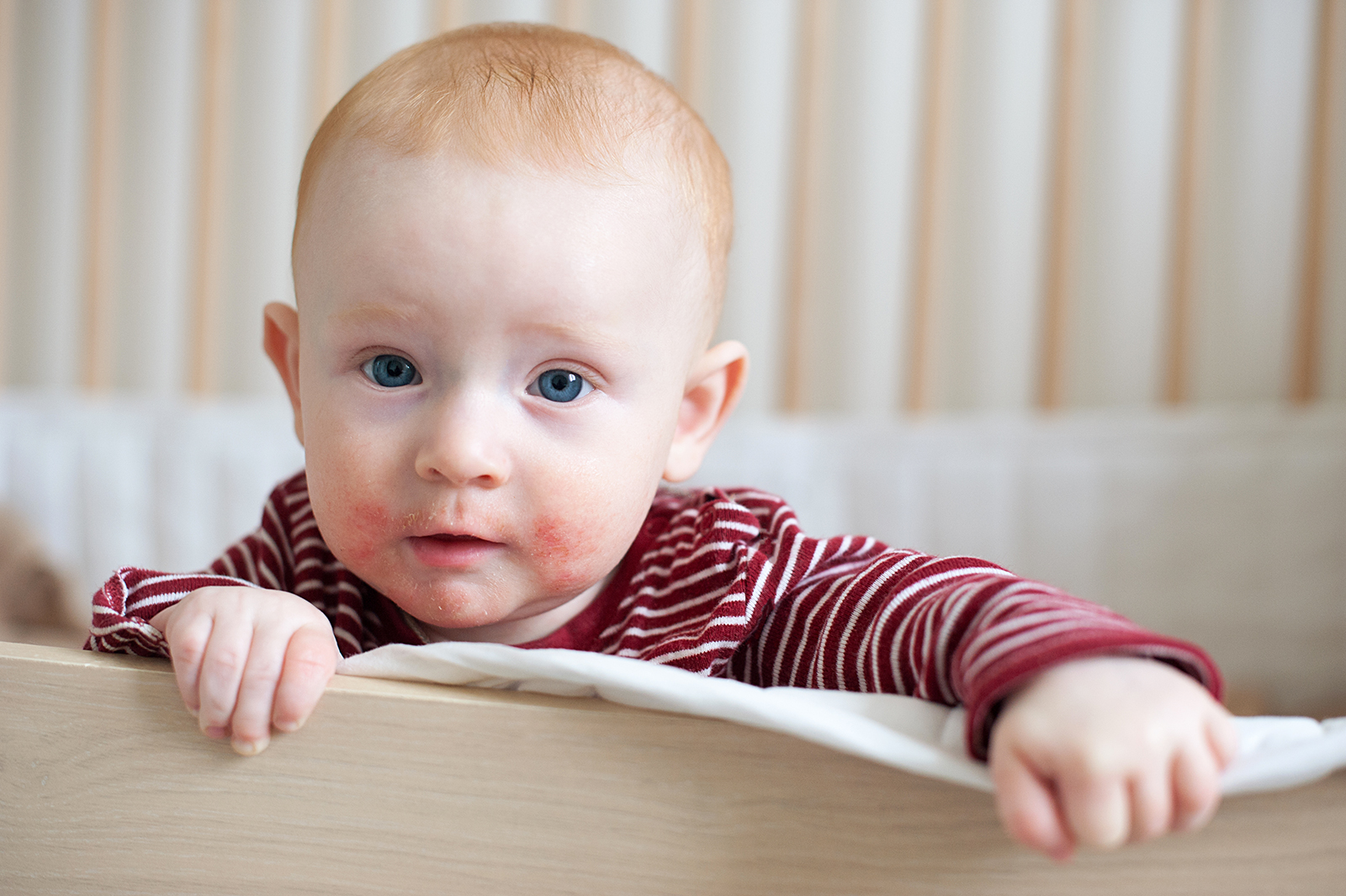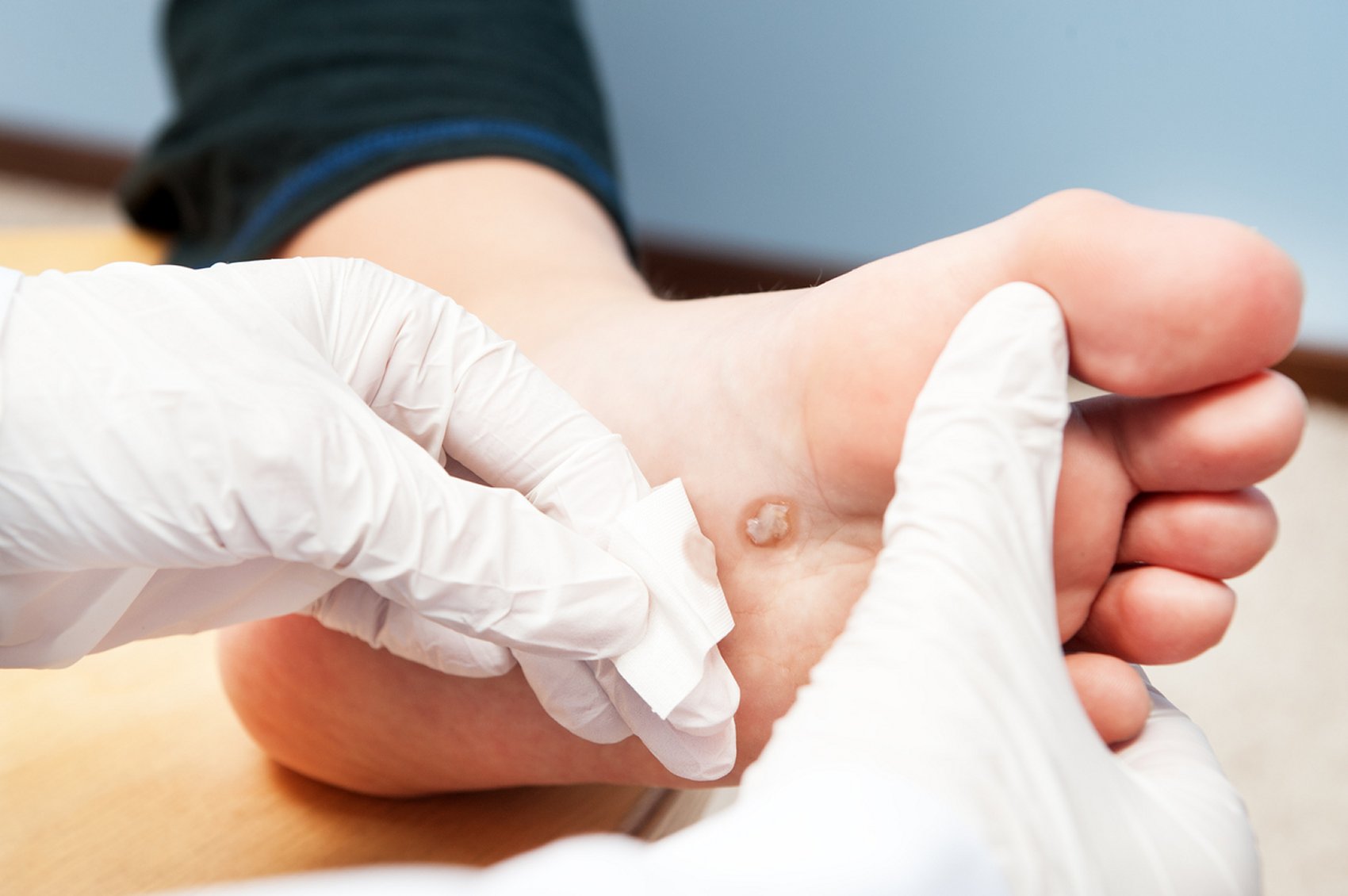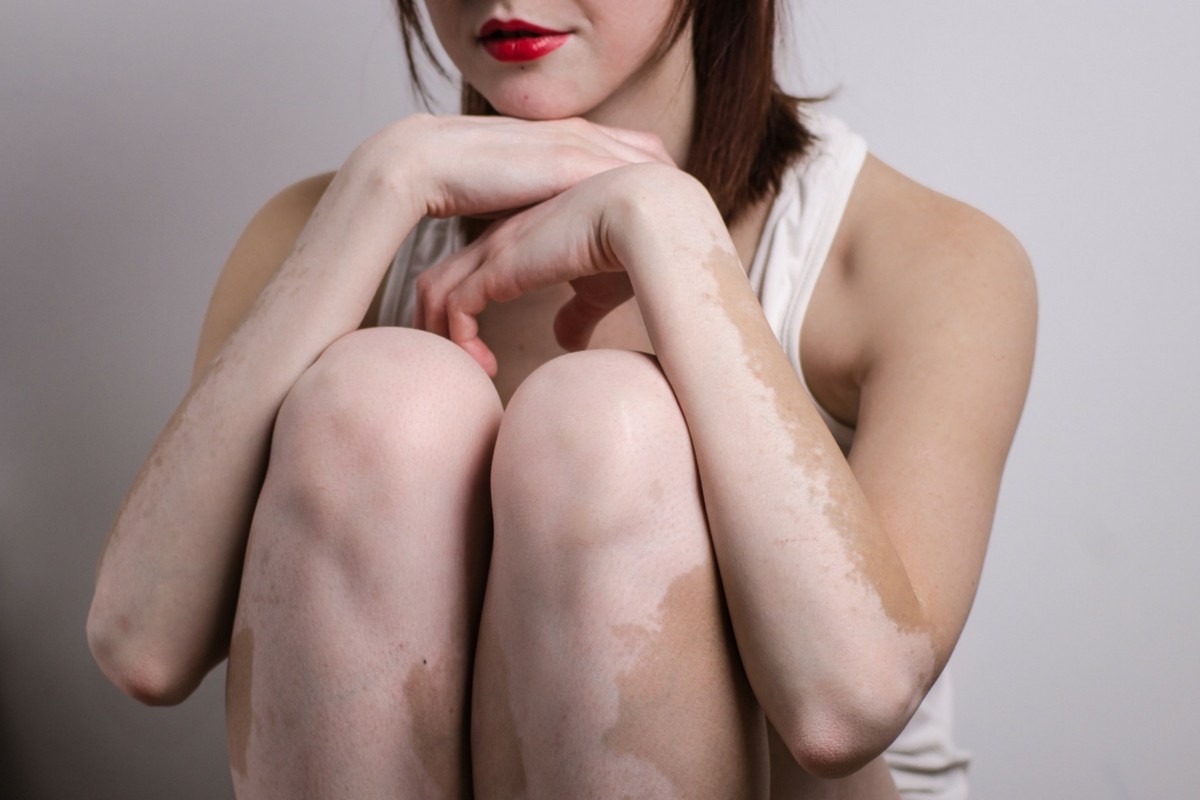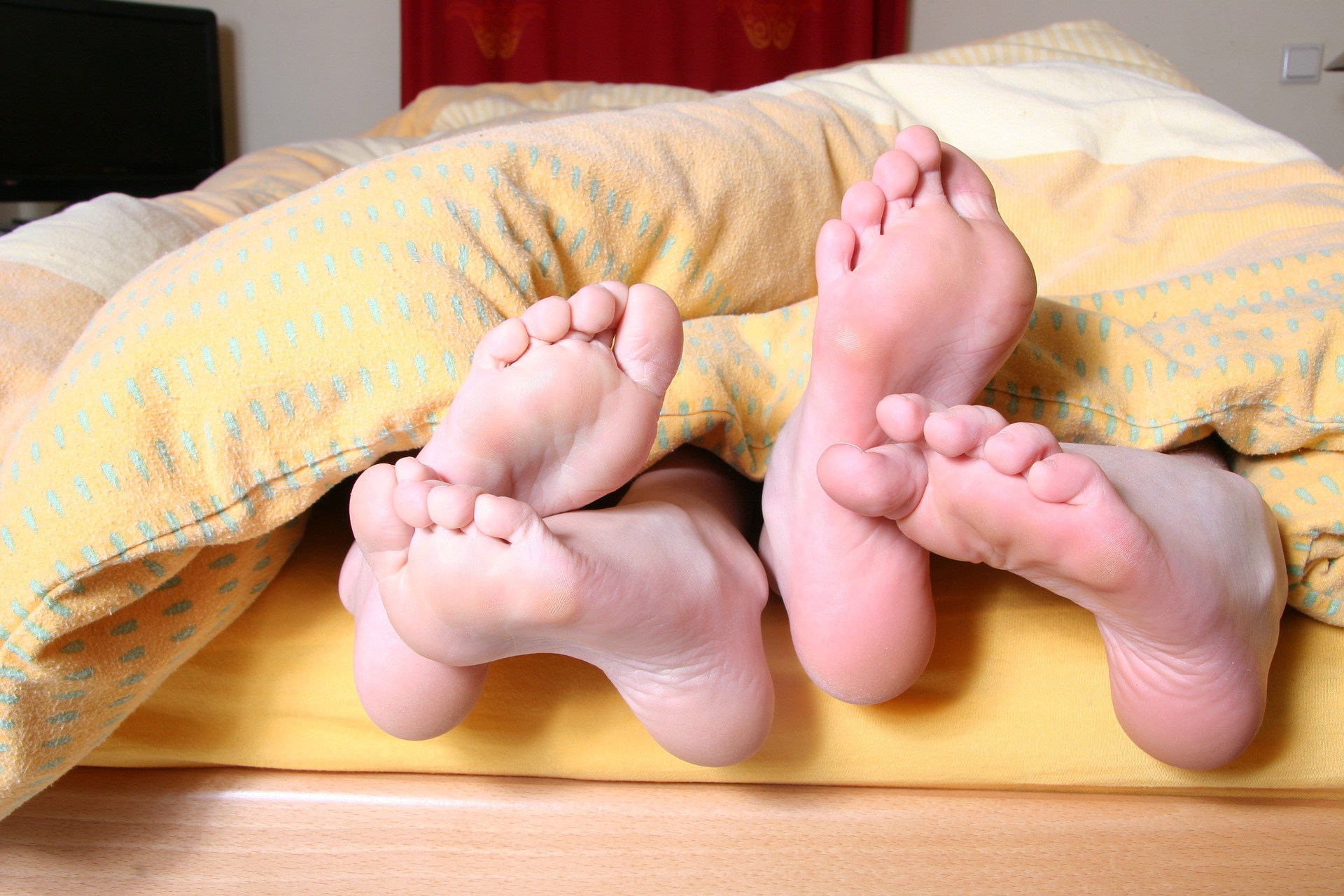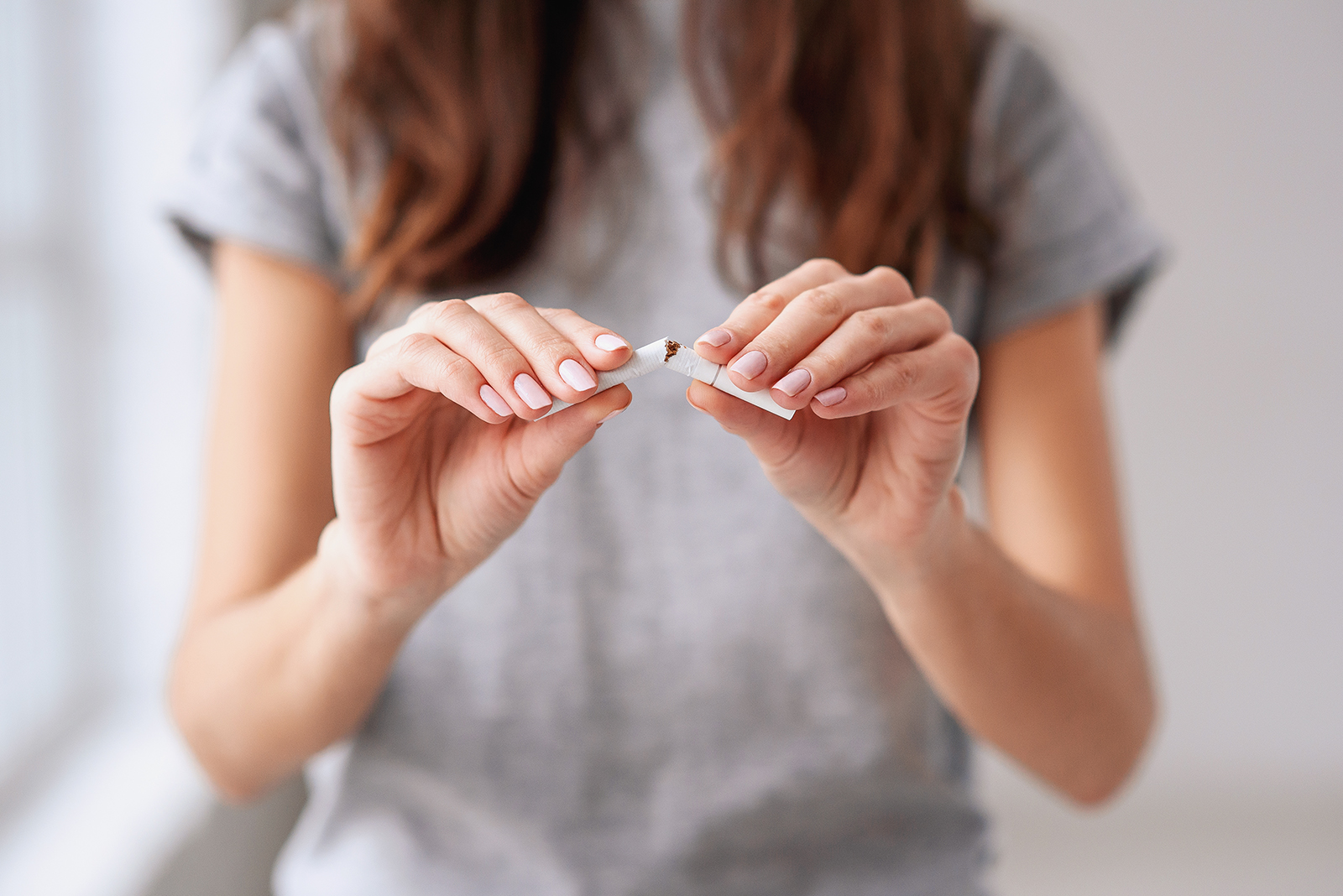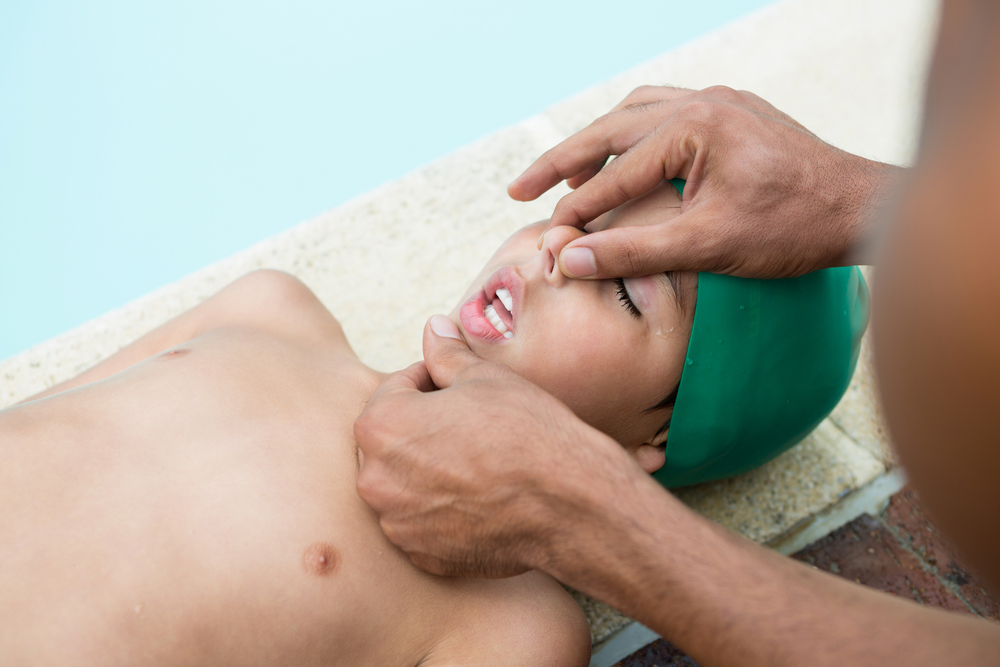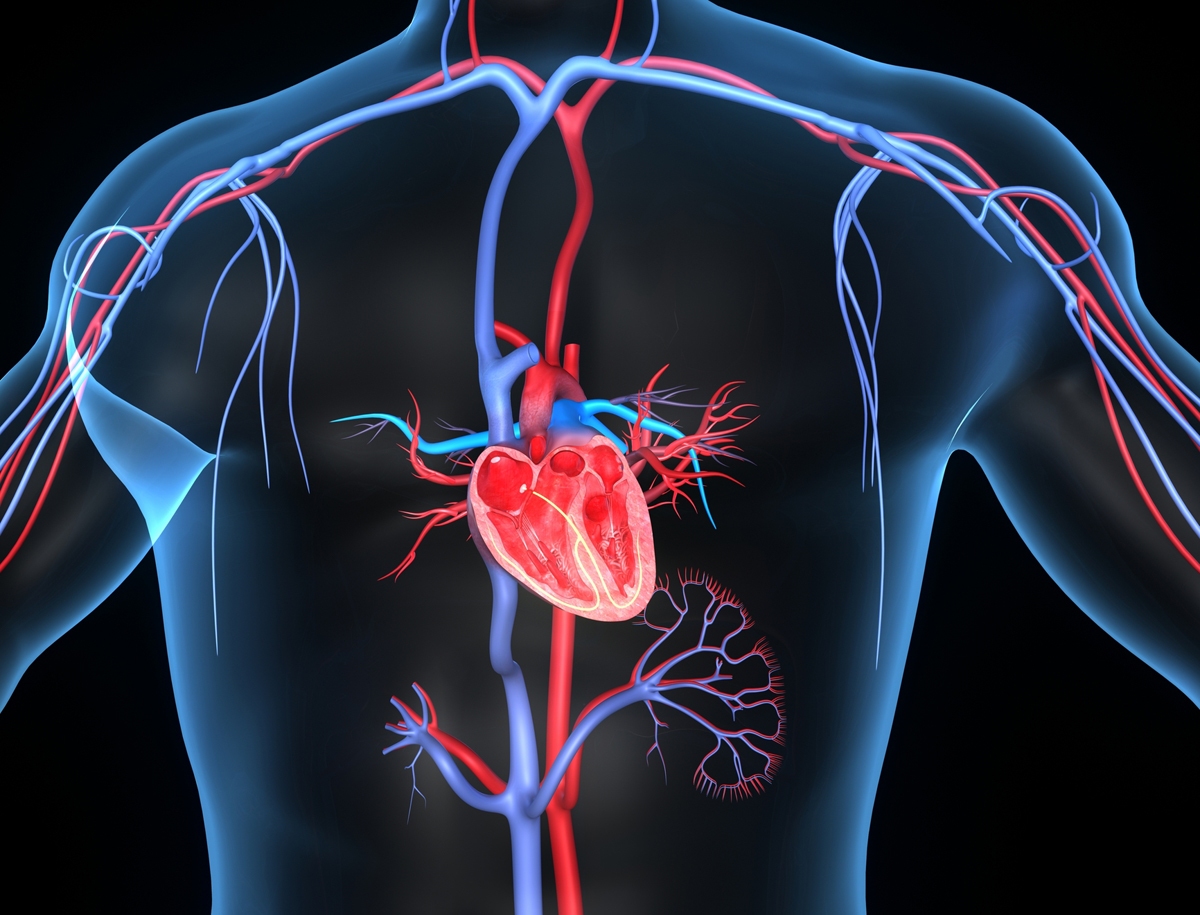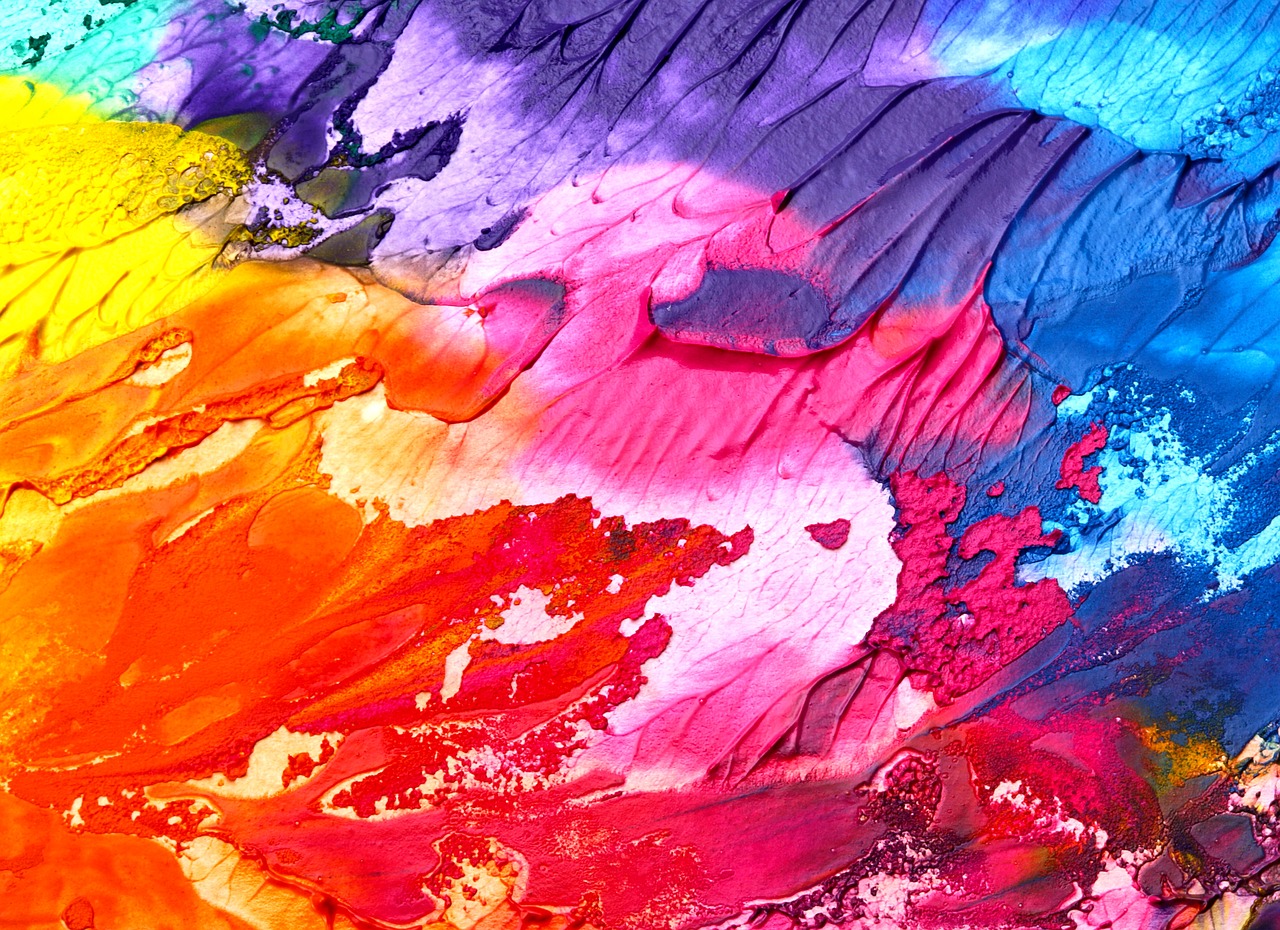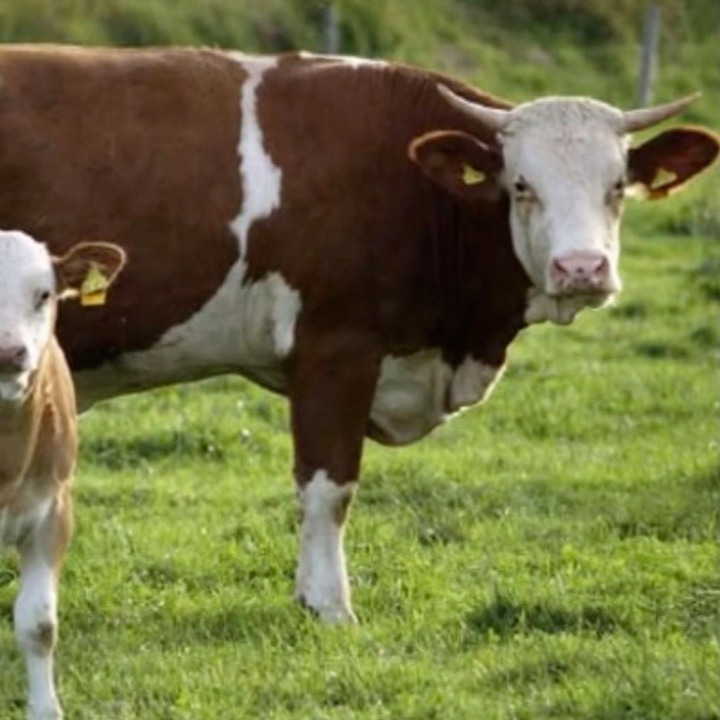Adding to the long list of scientific insights that have demonstrated health benefits associated with coffee consumption, a new study published in JAMA Dermatology reports that women who regularly drink non-decaffeinated coffee have a reduced likelihood of being affected by rosacea.
It is a pathological skin disorder, usually affecting the central area of the face and manifested by erythema and inflammatory lesions similar to those produced by acne.
Researchers at Brown University in Providence, Rhode Island, correlated the protective effect with the amount of coffee consumed: those who drink at least four cups a day are 23 percent less likely to contract rosacea than those who do not drink coffee.
The authors of the research, led by Professor of Dermatology and Epidemiology Wen-Qing Li, analyzed data produced by an earlier cohort study that had collected dietary and medical information from tens of thousands of nurses between the 1990s and early 2000s in order to examine risk factors for major diseases.
For their statistical analysis, Li and his colleagues included information on caffeine intake reported by each subject, collected between 1991 and the final follow-up in June 2005. To reduce the risk of confounding factors as much as possible, the team adjusted the calculations to account for the influence of smoking, alcohol intake, body mass index, and physical activity level, all of which have been linked to the onset of rosacea.
It was thus shown that the
caffeine
contained in other beverages or chocolate is not associated with a reduction in rosacea, as well as the decaffeinated coffee. Therefore, the authors speculate that only the unique combination of caffeine and other bioactive compounds found in coffee can counteract rosacea symptoms through vasoconstrictive and anti-inflammatory mechanisms, although this will need to be confirmed by future research.
Li S et al. Association of Caffeine Intake and Caffeinated Coffee Consumption With Risk of Incident Rosacea In Women. JAMA Dermatol. 2018 Oct 17.



